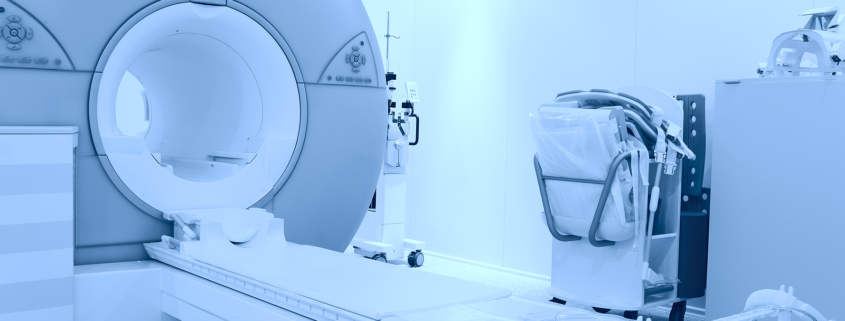Key Advantages of Gamma Knife Radiotherapy Explained
Hearing that you have a brain tumour is devastating not only for yourself, but for everyone who loves you. However, the good news is there are several options when it comes to treatments, including gamma knife radiotherapy.
What is gamma knife radiotherapy?
Otherwise known as stereotactic radiosurgery, gamma knife radiotherapy involves using beans of gamma rays to treat the tumour.
This concentrated dose targets the cancer cells, while a lower dose is used on surrounding tissue to limit damage to healthy cells.
Why are more choosing gamma knife radiotherapy over surgery?
There are many reasons why patients are opting for gamma knife radiotherapy performed by specialist consultants like Mr Neil Kitchen at Amethyst Radiotherapy.
Here are just a few:
- No need for an incision
One of the many benefits of this form of treatment has to be that it is non-invasive.
It does not involve making an incision, meaning there is no need for anaesthesia. There is, therefore, less recovery time and less trauma to the skull and brain.
- Quick recovery
As a result, patients can be in and out of the hospital within a day with the procedure lasting up to just 70 minutes, without requiring an overnight stay.
In fact, those who have a brain tumour operation might need to remain in hospital for between three and ten days, as it carries a risk of infection, blood clots, chest and breathing difficulties, wound problems, and allergic reactions.
There could also be swelling in the brain, which needs to be monitored very closely by medical staff.
With regards to long-term consequences of brain surgery, patients might have difficulty walking, find it hard to concentrate or remember things, experience behaviour changes, feel weakness in an arm or leg, have speech problems, feel fatigue, or suffer from epilepsy.
Consequently, gamma knife radiotherapy is preferential when a high risk patient is involved or the tumour is too difficult to reach with conventional surgery.
- Minimal side-effects
Unlike neurosurgery, the side-effects of gamma knife treatment is minimal. Patients might experience some headaches and nausea, but these are rare, and when they do occur, are only temporary.
Typically, patients can carry on with their usual activities the following day, as they have not had to undergo surgery or have anaesthetic.
- Precision
Another reason why gamma knife treatment is preferable to neurosurgery is the fact it is extremely precise.
As the rays are aimed at their specific targets and the dose is customised for each patient, the impact on surrounding tissue, blood vessel structures and other critical nerves are dramatically reduced.
This also means it can be used to treat those tumours that are incredibly hard to reach. In these cases, neurosurgery might not be a viable option, as surgeons will not be able to access the tumour to remove it in its entirety.
However, radiotherapy can still target the cancerous cells wherever they are in the brain.


